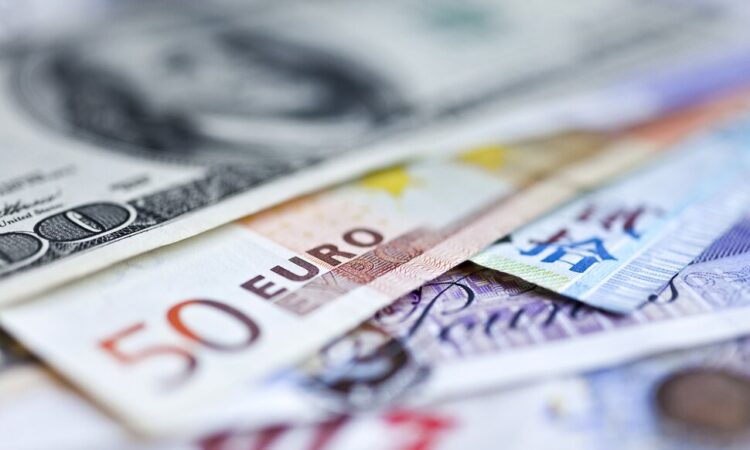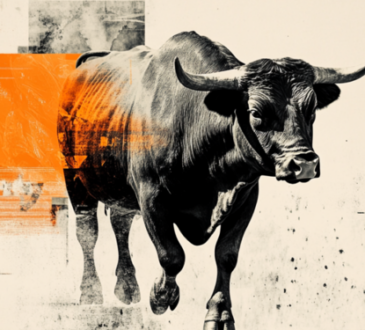
Currency investments can complement any balanced portfolio, but there are a lot of misconceptions – and missteps – that can occur if an investor is not properly informed before trading or buying and holding them.
“You’re taking a bet that one country’s economy is going to be better than another,” says Chris Telmer, associate professor of financial economics at Carnegie Mellon University’s Tepper School of Business. “Investing in currencies … is a way to become engaged with global macroeconomics.”
It often also requires a learning curve, so heed the following advice from experts before buying into currencies:
- Consider using a broker.
- Invest for the long term.
- Stick to major, stable currencies.
- Buy an ETF or mutual fund, rather than individual currencies.
- Beware of levered currency investments.
Consider Using a Broker
Trading, by definition, happens on a day-by-day, high frequency basis, which makes being educated about specific topics, industries and asset classes necessary.
Trading currency – otherwise known as Forex trading – allows investors to trade currencies 24 hours per day on weekdays and potentially make big profits. But if you’re not 100% comfortable doing it on your own, choose a broker that knows what he or she is doing, says Jeffrey Cammack, who runs a website called TradeForex SA.
“There are many on the internet that claim to be experts, however, they are not actually authorized brokers,” he says. “One should never trade with brokers that are not regulated.”
Brokers in the United States should be be registered with the Securities and Exchange Commission and members of Financial Industry Regulatory Authority (FINRA).
Invest for the Long Term
Mayra Rodriguez Valladares, managing principal at MRV Associates, who started her career in foreign exchange at the Federal Reserve Bank of New York, believes the foreign exchange market is the most volatile one in which to trade, after commodities,
“In order to be a good currency trader, you need to know a lot about country and economics risks, because currencies are very sensitive to country risks like sovereign defaults, expropriation, nationalization, corruption, unstable governments, and economic risks like inflation, GDP levels, and employment rates,” she says.
And aside from major currencies such as the British pound, U.S. dollar, Japanese yen, and Swiss franc, other currencies can be illiquid, making them riskier. Currency is bought and sold in pairs, and using one in relation to the other.
Because of this, trading isn’t for everyone, but that doesn’t mean you need to stay away from currencies.
If you invest for the long haul, currencies are not any riskier than an individual stock, Telmer says. Just like a stock, an investor can then check on the currency every few months to see how it is performing.
Stick to Major, Stable Currencies
Countries with unstable governments, inflation history, high regulations and the like are not prudent investments, Telmer says. Take Argentina, which was a popular trading currency before an international currency crisis shut down the banking system in the 2000s.
Investing in Brazil, Chile or Mexico now, for example, may be riskier but on average you might get a higher return relative to the U.S. dollar or euro, which may pay two to three percent interest, Telmer says. If the currency goes up in value, you get that plus your interest, but if the currency goes down against the dollar, there goes your interest. And in a really volatile country like Venezuela, your investment could even be seized by the government.
Buy an ETF or Mutual Fund
Currency investment risks can be partly mitigated by buying into mutual funds and exchange-traded funds provide diversification as well as doing the macroeconomic research for you, and often rank currencies by which are paying the highest interest rates, Telmer says.
The Deutsche Bank G10 Currency Future Harvest Index is made up of currency futures contracts on certain G10 currencies and is designed to capitalize on currencies with high interest rates. The Invesco DB G10 Currency Harvest Fund (ticker: DBV) is currently trading at about $24 and tracks this index, yielding a year-to-date return of about 3.3 percent.
Without an ETF or fund, you’d plan to hold the currencies until monetary policies change, which govern interest rates, and evaluate your options then, he adds, which requires you to be much more active. Still curious about what’s going on with the fund? You can keep tabs on the latest data from the Institute of International Finance or the Centre for Global Finance to get educated, and seek educational guidance on trading platforms.
Beware of Levered Currency Investments
Many online currency investing and trading platforms have core businesses providing leverage, or margin, for currency trading, which is inherently riskier, Telmer says. By only purchasing currency with the cash you have, you can potentially mitigate the losses.



